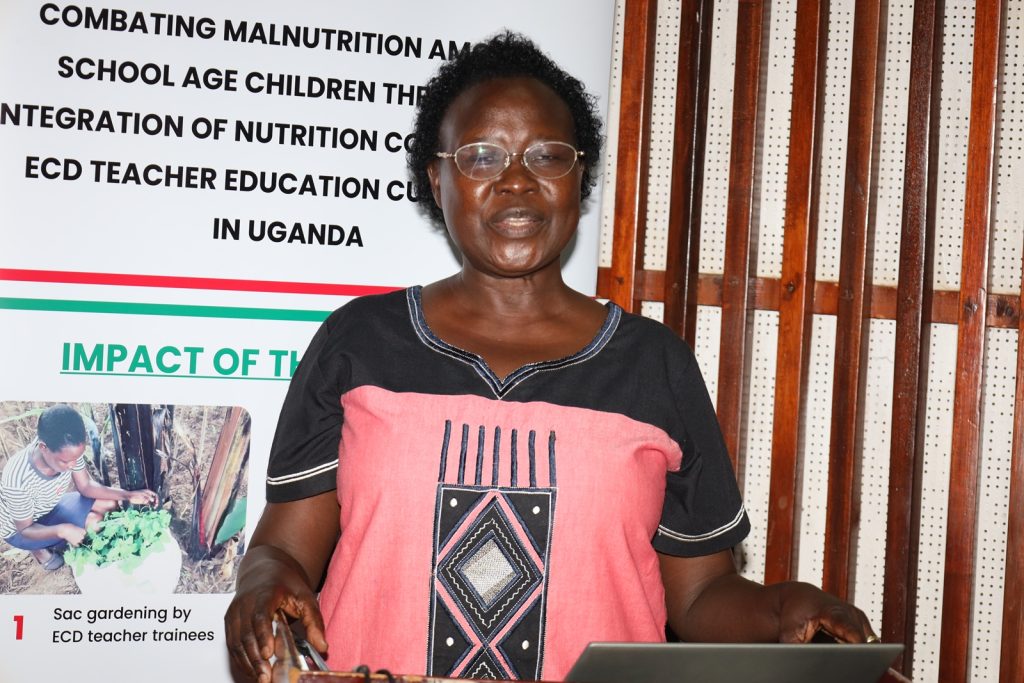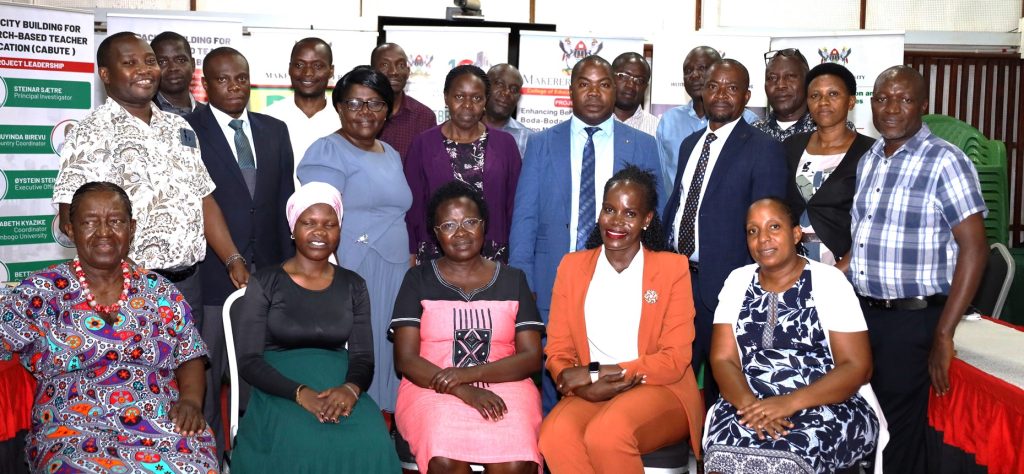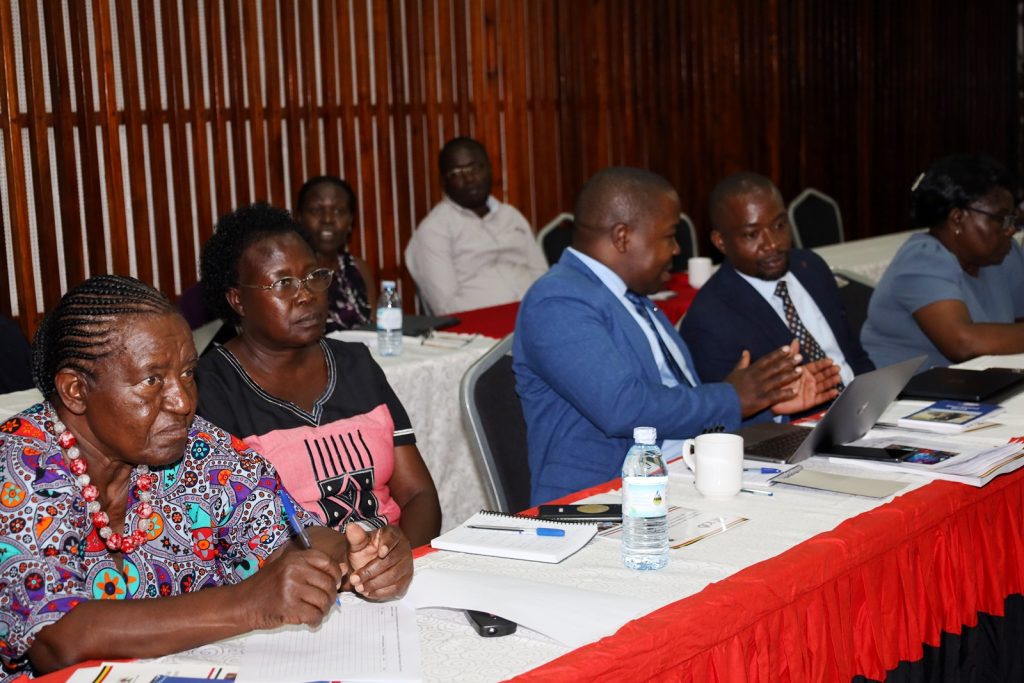In an ambitious move to enhance early childhood development, researchers from Makerere University’s College of Education and External Studies are advocating for the integration of nutrition education into the training programs for early childhood development (ECD) teachers. This groundbreaking initiative aims to equip future educators with essential knowledge and skills to foster healthy eating habits among young learners, potentially leading to significant improvements in their cognitive development, academic performance, and long-term health outcomes.
The Call for Integration
Led by Dr. Josephine Esaete, the research team highlighted the critical role of nutrition in the overall development and well-being of young children. Dr. Esaete emphasized that teachers, particularly those in early childhood education, have a unique opportunity to shape the eating habits and nutrition knowledge of their students. By incorporating nutrition education into teacher training programs, educators can become powerful agents of change, promoting healthy behaviors that will benefit children throughout their lives.

“By integrating nutrition education into teacher training programs, we can ensure that early childhood teacher educators are equipped with the necessary knowledge to promote healthy eating habits and behaviors among young children,” Dr. Esaete said during the dissemination workshop.
A Holistic Approach
The dissemination of the research and launch of the recommendation report saw a strong emphasis on collaboration. The research team underscored the importance of a cooperative effort between schools, parents, and community organizations to guarantee children access to nutritious foods both at school and at home. This holistic approach aims to address food insecurity and promote overall health and well-being among students, particularly in Sub-Saharan Africa, where malnutrition is a significant issue. In Uganda, alarming statistics reveal that 49% of child deaths are associated with malnutrition, and a substantial proportion of school-age children suffer from stunting, underweight, thinness, and obesity.
Prof. Anthony Muwagga Mugagga, the principal of the college, reinforced the need for this comprehensive strategy, urging the focus to extend beyond early childhood learners to include those in universal primary education who often face hunger. He highlighted the necessity of addressing food insecurity across all educational settings to ensure that children have access to nutritious meals.

Ms Harriet Adong, who represented the Makerere University Research and innovation fund, the funding agency congratulated the research team saying that the proposed guidelines are crucial for promoting the health and well-being of young children in schools. She also emphasized the importance of ongoing research and collaboration to ensure effective implementation of these guidelines.
Implementing the Vision
The project activities, already initiated in five primary teacher colleges including Bishop Willis CPTC and St. Aloysius Core Primary Teachers College, aim to make lasting changes in the curriculum. Dr. Esaete and her team are working on a policy brief to advocate for these changes at the governmental level, aiming to influence the Department of Teacher Education, Training, and Development at the Ministry of Education and Sports.

Key recommendations from the study include:
- Sensitizing ECD teacher trainees about the MoES (2013) school feeding guidelines.
- Encouraging teacher training colleges to embrace these feeding guidelines.
- Continuous parental sensitization on providing healthy and safe midday snacks for children.
- Initiating nutrition interventions that start with teacher education.
- Reworking the content of nutrition courses taught to ECD teacher trainees to incorporate emerging global nutrition issues relevant to their professional practice.
Paving the Way Forward
The research team, comprising Dr. Josephine Esaete, Mr. Edward Kansiime, Dr. Gaston Ampeire Tumuhimbise, Dr. Michael Walimbwa, and Dr. Alfred Buluma, is committed to seeing these recommendations take root. Their efforts signify a proactive step towards creating a supportive environment where children can learn about nutrition and make healthy choices, ultimately shaping the well-being of the next generation.
As these initiatives progress, the hope is that by equipping educators with the right tools and knowledge, the cognitive development and health of young children in Uganda, and potentially across Sub-Saharan Africa, will see significant improvement. The integration of nutrition education into early childhood development teacher training is not just a proposal; it’s a necessary evolution in educational practice that promises to nurture healthier, more informed future generations.











